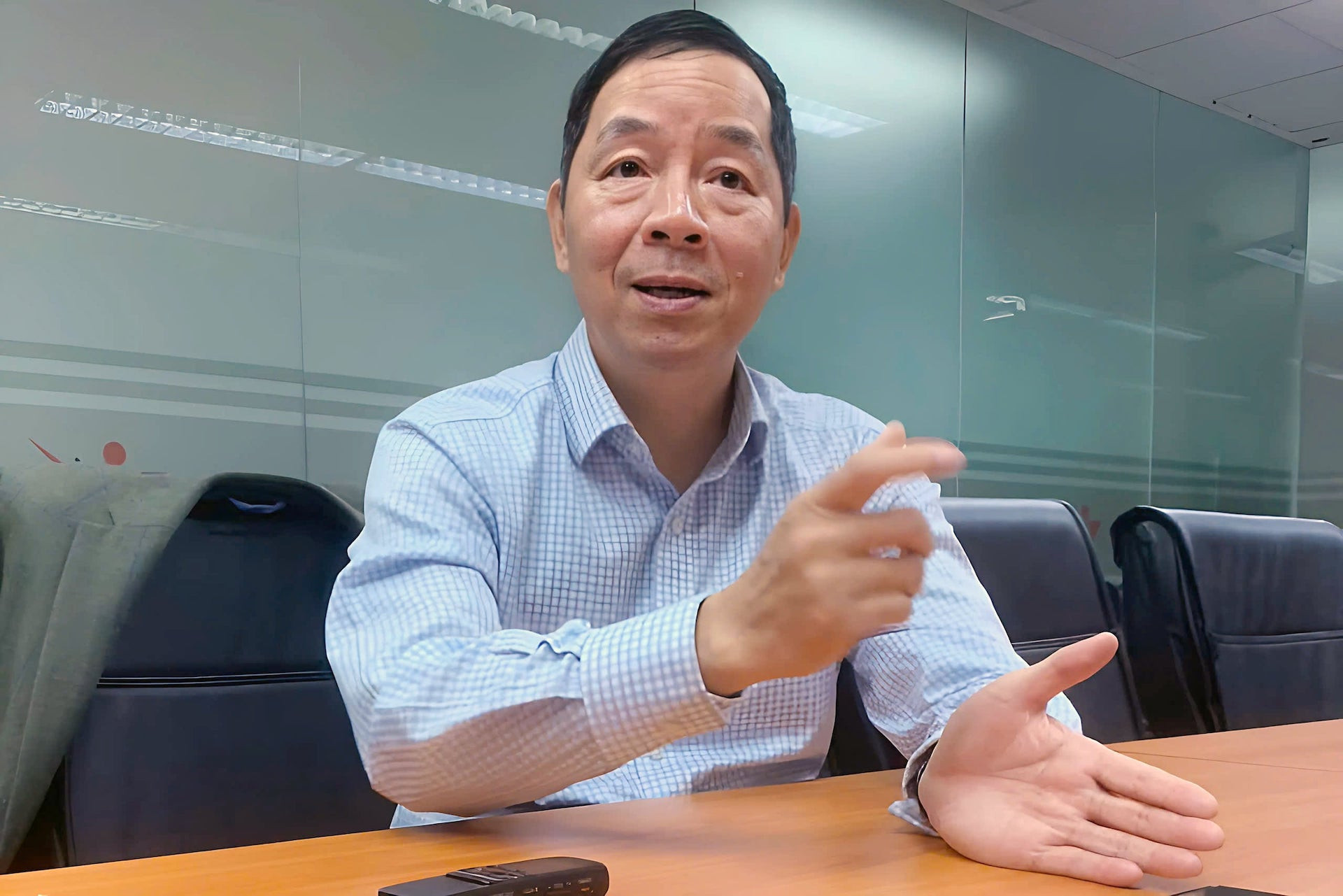Vietnam’s geopolitical position presents both significant opportunities and inherent risks. As global dynamics shift, the country must navigate complex relationships with major economic powers, particularly the United States and China.
Dr. Vu Thanh Tu Anh, a senior lecturer at Fulbright School of Public Policy and Management, Fulbright University Vietnam, underscores the importance of diplomatic strategy, trade transparency, and national security in shaping Vietnam’s future.
Vietnam’s evolving domestic and international landscape

“Never before has Vietnam faced such profound internal and external changes,” Dr. Tu Anh states.
Domestically, Vietnam has undergone a major political restructuring, consolidating leadership and streamlining governance within the Communist Party, Government, and National Assembly. This unprecedented reform aims to enhance administrative efficiency and centralize decision-making.
Externally, Vietnam finds itself at the heart of global trade and geopolitical competition.
China remains Vietnam’s largest import partner, with imports surpassing $144 billion in 2024.
The U.S. is Vietnam’s biggest export market, with exports reaching nearly $120 billion in the same year.
Vietnam’s economy increasingly depends on foreign technology and foreign direct investment (FDI).
Dr. Tu Anh emphasizes that Vietnam’s interwoven trade relations with major powers have granted the country a strategic economic position. However, he warns that opportunities and risks are separated by a thin line - foreign policy missteps could quickly turn advantages into vulnerabilities.
To secure long-term stability, Vietnam must focus on three core foreign policy pillars: Diplomacy, trade and investment relations, national security.
“These three pillars must function together, now more than ever,” he stresses.
The need for ‘strategic trust’ with the United States
Vietnam’s comprehensive strategic partnership with the U.S., announced in September 2023, created high expectations for economic collaboration, particularly in semiconductors and artificial intelligence (AI). However, shifting U.S. policies could alter these expectations.
Under President Biden’s administration, U.S. policies favored offshoring (investing in overseas production centers like Vietnam), opening new opportunities for the country.
If former President Trump returns to office, his policy may shift toward reshoring (bringing manufacturing back to the U.S.), reducing Vietnam’s prospects.
“There is no certainty that the opportunities we anticipated will still be available,” Dr. Tu Anh warns.
Further complicating matters, Vietnam risks being labeled a currency manipulator, as happened during Trump’s previous term. If such accusations resurface, Vietnam’s export-driven economy could suffer severe consequences.
“Vietnam depends heavily on exports,” Dr. Tu Anh explains. “If the U.S. designates Vietnam as a currency manipulator or refuses to recognize its market economy status, Vietnam could face serious trade disadvantages.”
To avoid economic risks, Vietnam must take proactive steps to reinforce trust with the U.S. government.
Ensuring transparency in trade and economic policy

One of the major concerns from the U.S. is Vietnam’s role in transshipment - where goods from China are re-routed through Vietnam to bypass tariffs.
In late 2024, Vietnam’s exports to the U.S. surged by over 29%, while imports from China increased by 24%.
U.S. authorities can easily track whether Vietnamese companies are disguising Chinese imports as local products by comparing Harmonized System (HS) codes.
To prevent trade disputes, Vietnam must actively investigate and penalize companies involved in trade circumvention.
“Vietnam must adopt a clear and open stance by cooperating with U.S. authorities to address any concerns,” Dr. Tu Anh states.
Additionally, to gain recognition as a market economy, Vietnam must:
Allow market-driven exchange rate adjustments instead of artificial currency stabilization.
Improve corporate governance transparency, especially in state-owned enterprises (SOEs).
Dismantle outdated bureaucratic structures, such as the State Capital Investment Corporation (SCIC), which has hindered the autonomy of major state-owned firms.
“Dissolving SCIC would send a strong signal to the U.S. that Vietnam is serious about economic reform and is granting greater autonomy to state-owned enterprises,” he explains.
Navigating economic relations with China
While Vietnam seeks stronger ties with the U.S., China remains a dominant economic force in the region.
China’s economic transformation has enabled it to master advanced technologies, including chip manufacturing and high-speed rail.
Chinese investments in Vietnam continue to grow, as seen with platforms like Temu, which leverage Vietnam’s production capacity.
Dr. Tu Anh acknowledges that China will remain an essential trade and investment partner. However, Vietnam must be careful not to violate U.S. strategic interests in the region.
Additionally, Vietnam has long positioned itself as a supporter of multilateralism, engaging in global economic institutions while maintaining a neutral stance in geopolitical conflicts.
“We must make it clear that Vietnam’s foreign policy does not harm the core interests of any major power,” he states.
Vietnam’s growing global role
Despite global instability, Vietnam has strengthened its diplomatic standing, forming strategic partnerships with key nations and contributing to international security and trade frameworks.
“Vietnam has evolved from a developing country to a trusted international partner,” Dr. Tu Anh affirms.
However, to maintain this momentum, Vietnam must solidify its credibility on the global stage.
“At a time of increasing geopolitical tension, Vietnam must demonstrate its commitment to long-term stability and strategic trust,” he concludes.
Tu Giang & Lan Anh